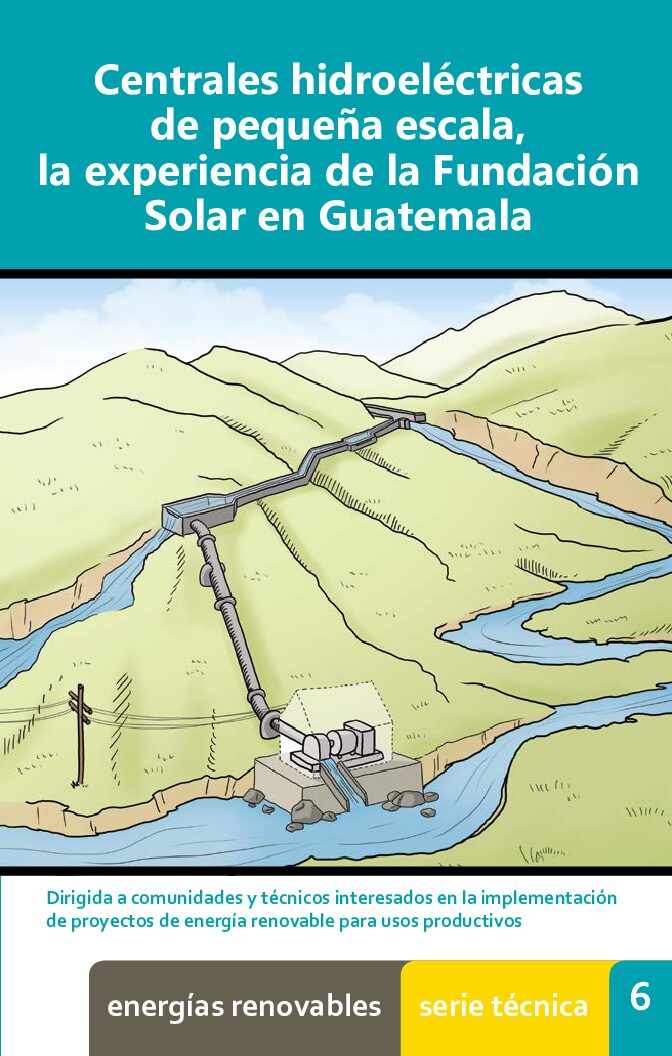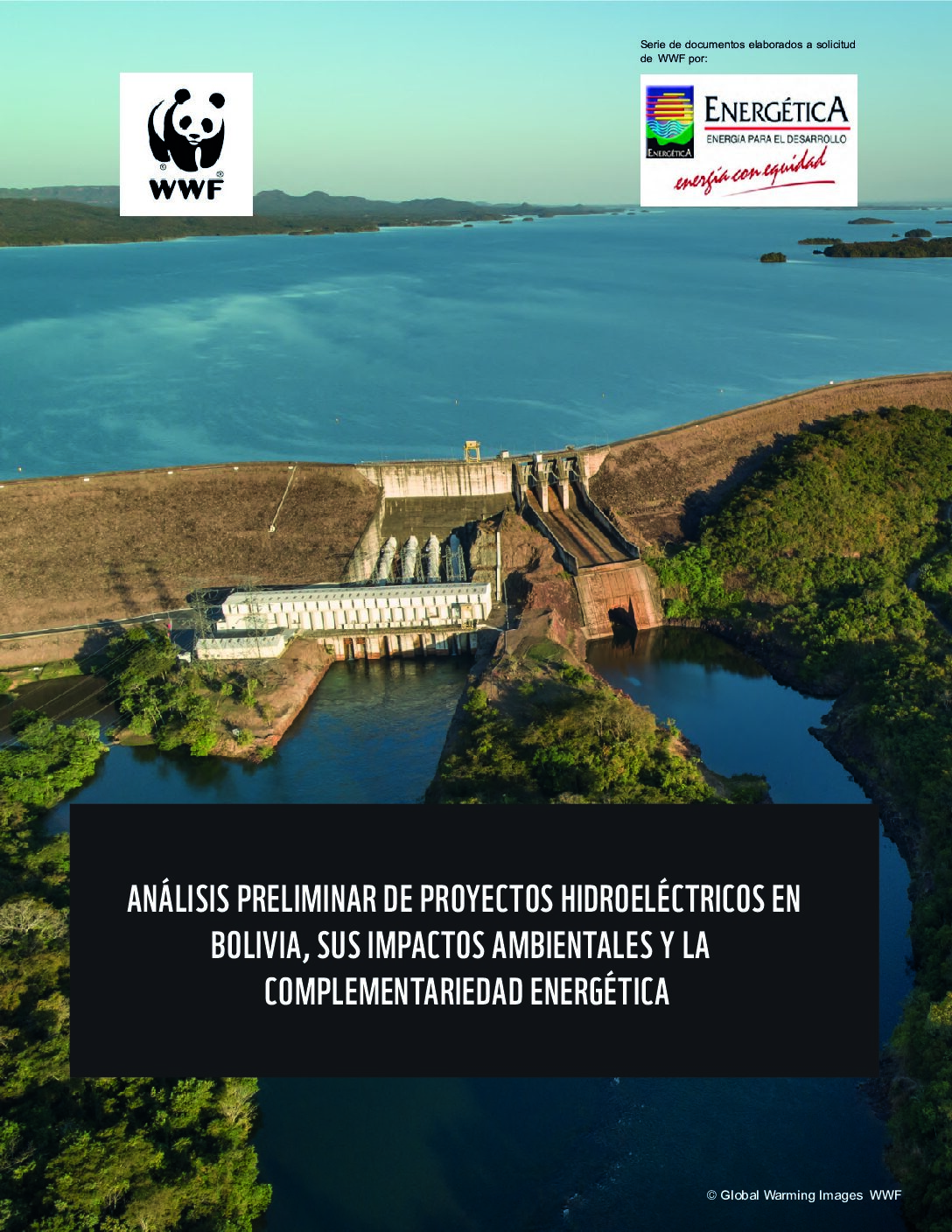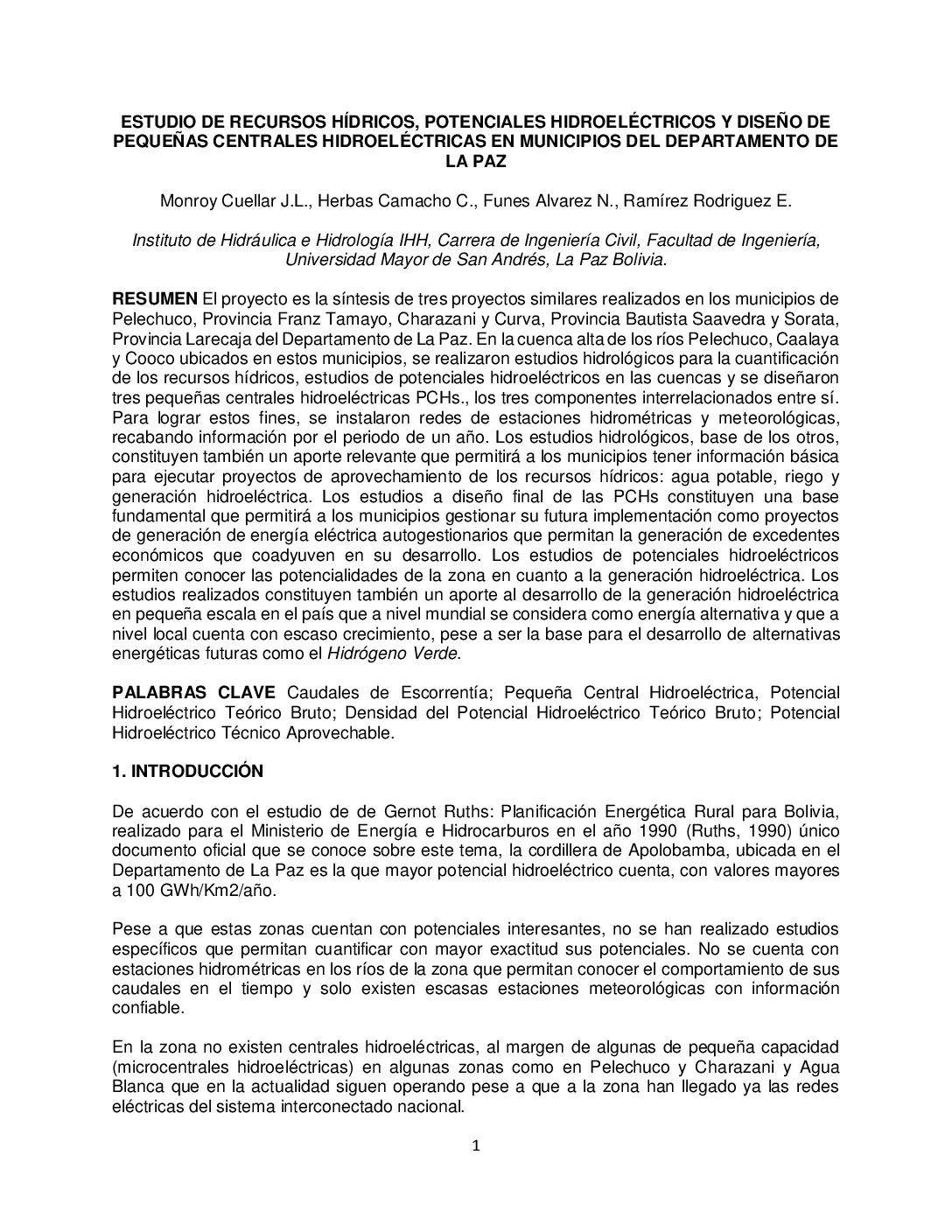This paper provides general guidelines for conducting Environmental Impact Assessments for waste-to-energy projects.
This article discusses the potential of heat and electricity co-generation from biomass waste to both expand energy access and improve waste management in rural areas.
This policy brief investigates Zambia’s policy and legislative framework for energy generation from waste, and provides recommendations for improvements.
This paper presents the results of a techno-economic study of a potential waste-to-energy plant in Kampala, Uganda, including modeling to project energy generation potential and the payback period for the initial investment.
This report presents the lessons learned from a series of small hydropower projects in Guatemala, implemented by the Fundación Solar.
This article describes the origins and provides examples of community-owned small hydropower projects in Guatemala.
This document conducts an initial assessment of the environmental impacts of hydroelectric projects in ENDE’s portfolio and identifies the need for energy complementarity with other renewable sources.
This article presents the results of a hydrological study to inform the design of small hydropower plants in three municipalities in the La Paz department.
This study aims to determine the viability of electricity generation from municipal solid waste in Ndola, Zambia, and finds that the most suitable technology is biomethanation.
This paper reviews the potential for the generation of modern energy from organic waste in Madagascar, and provides recommendations to accelerate progress.






